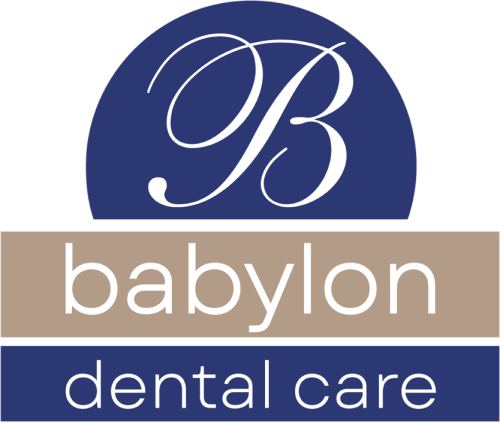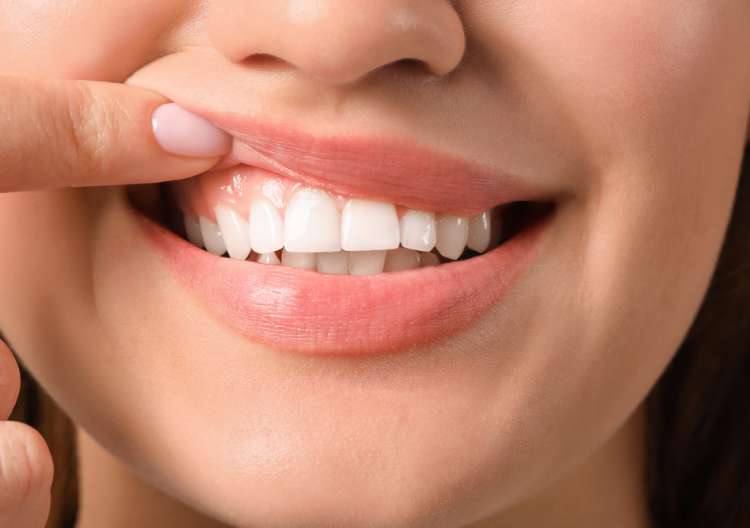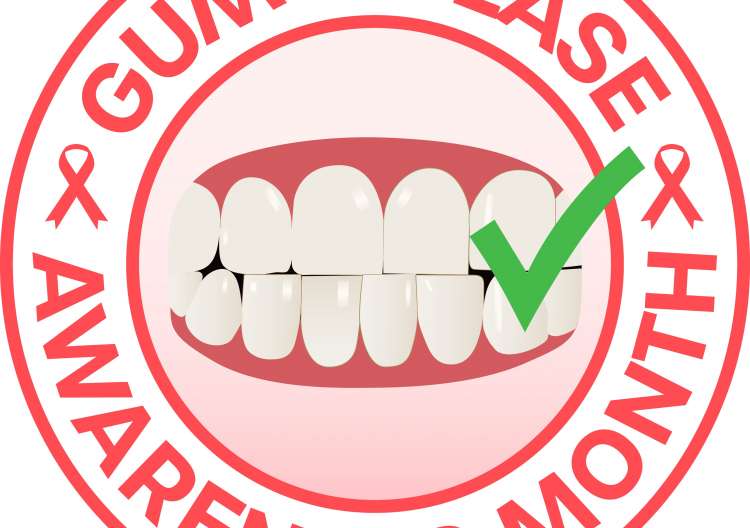Gum disease is a serious condition that affects approximately half of the American adult  population. Left untreated, it can lead to tooth loss, so it should be taken seriously. With good care, however, patients of our periodontists can avoid gum disease.
population. Left untreated, it can lead to tooth loss, so it should be taken seriously. With good care, however, patients of our periodontists can avoid gum disease.
What Causes Gum Disease?
Gum disease is almost always caused by plaque, a film made up of bacteria that forms on the teeth after eating or drinking. If plaque is not removed promptly via brushing and/or flossing, it can irritate the gums, causing inflammation. This early stage of the disease is called gingivitis.
With treatment, gingivitis is reversible. However, if it is not taken care of, it may advance to become periodontitis, which means the gums begin to pull away from the teeth and gum tissue is destroyed. In advanced cases, patients may lose teeth and parts of the jawbone.
What are the Symptoms of Gum Disease?
There are multiple signs of gum disease, but some of the most common include:
- Red, swollen gums
- Gums that bleed easily
- Halitosis (bad breath)
- Gum recession
- Loose teeth
If you are experiencing these symptoms, it is crucial to see your dentist promptly to assess the situation and create a treatment plan.
Steps to Avoid Gum Disease
Though gingivitis is treatable, advanced periodontitis can only be managed rather than cured. Therefore, it is much better to avoid gum disease than to treat it.
- Since most gum disease is caused by plaque, the best way to avoid gum disease is to
 prevent plaque buildup and maintain good oral hygiene. Regular brushing and flossing are key to removing plaque and keeping the teeth and gums healthy.
prevent plaque buildup and maintain good oral hygiene. Regular brushing and flossing are key to removing plaque and keeping the teeth and gums healthy. - Avoid using tobacco products, which damage gum health and hinder healing.
- Be aware of any medical conditions you may have, or conditions in your family history, that may make you more susceptible to gum disease, such as diabetes.
- See your dentist for exams on a regular basis. Many people who have gingivitis do not experience any initial symptoms, so a routine exam can lead to early detection.
With a little effort, it is easy to take care of your oral health and avoid gum disease. Make it your priority to maintain good oral hygiene and schedule regular dental appointments to protect yourself from the destruction of gum disease.



